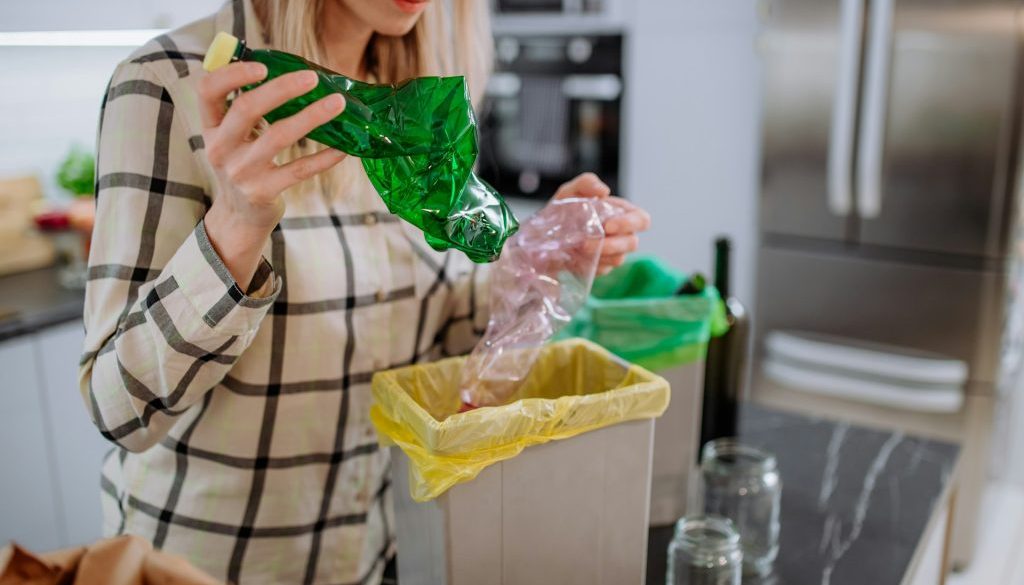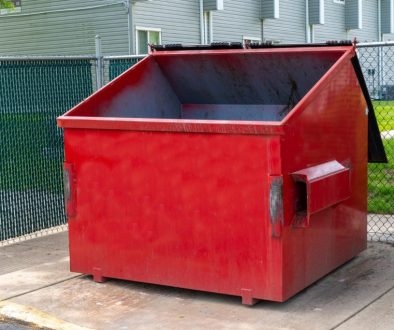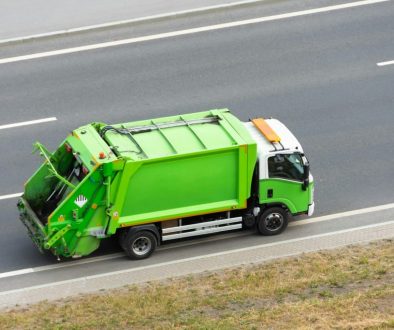Reducing daily rubbish is easier than you might think. By making a few simple changes in our daily habits, we can significantly cut down the amount of waste we produce. These small actions not only help the environment but also make our homes and communities cleaner places to live. Every piece of waste we avoid sending to a landfill makes a difference.
The impact of daily rubbish on our planet is immense. Overflowing landfills, polluted oceans, and harming wildlife are just some of the problems caused by excessive waste. Thankfully, by adopting more sustainable practices, we can mitigate these issues. Simple steps like reusing items, buying in bulk, and composting can have a big impact.
This article will explore some practical and easy-to-follow tips to reduce daily rubbish. We’ll cover how to make better choices at home, adopt smart shopping habits, and implement effective recycling practices. By the end of this guide, you’ll have actionable insights to start reducing your waste today.
Understanding the Impact of Daily Rubbish
Daily rubbish has a huge impact on our environment. When we produce too much waste, it ends up piling in landfills or polluting our lands and oceans. Overloaded landfills can release harmful chemicals into the soil, affecting plant and animal life. Marine life also suffers, with many creatures ingesting or getting trapped in our waste.
Moreover, excessive rubbish contributes to climate change. As waste decomposes in landfills, it produces methane, a greenhouse gas far more potent than carbon dioxide. This gas accelerates global warming, posing serious threats to our planet’s climate.
Reducing our daily rubbish isn’t just about aesthetics or saving money; it’s about protecting our planet. Every item we recycle or reuse means less waste in the environment, cleaner oceans, and healthier ecosystems. Understanding this impact reminds us of the importance of taking steps to cut down our daily waste. Simple, everyday actions can collectively lead to a significant reduction in the harmful effects of waste on our world.
Reducing Waste at Home
Cutting down on waste starts right at home. With a few adjustments, we can make our daily routines more sustainable and generate less rubbish.
Simple Home Practices:
1. Composting: Start a compost pile for food scraps and garden waste. Composting reduces the amount of rubbish sent to landfills and provides nutrient-rich soil for gardening.
2. Reusing Items: Before throwing items away, consider if they can be reused. Old jars, containers, and even clothes can often find a second life in creative ways around the home.
3. Avoiding Single-Use Products: Choose reusable items like shopping bags, water bottles, and coffee cups over single-use plastics. This change drastically reduces the amount of disposable rubbish produced.
Reducing Packaging:
1. Buying in Bulk: Purchasing items in bulk reduces the amount of packaging waste. Fewer plastic bags and boxes mean less rubbish.
2. Choosing Loose Products: Buying loose fruits and vegetables instead of pre-packaged ones helps cut down on unnecessary packaging waste.
3. Using Refillable Containers: Opt for products from stores that offer refills for items like cleaning supplies and toiletries. This reduces packaging by using the same container multiple times.
By making these changes, we can significantly reduce the amount of rubbish we produce at home. Simple steps like composting, reusing items, and reducing packaging take little effort but have a big impact on waste reduction. Implementing these practices makes our homes greener and our planet cleaner.
Smart Shopping Habits to Cut Down Rubbish
Changing the way we shop can greatly reduce the amount of rubbish we produce. By making smarter choices, we can cut down on waste and support more sustainable options.
Shopping Tips:
1. Bring Reusable Bags: Always carry reusable bags for your shopping. This reduces the need for plastic bags, which are a significant source of waste.
2. Choose Products with Less Packaging: Opt for products with minimal or recyclable packaging. Fresh produce, for example, often comes with less packaging compared to pre-packed items.
3. Buy in Bulk: Purchasing items in bulk not only saves money but also reduces packaging waste. Large quantities mean fewer individual packages, which translates into less waste.
Eco-Friendly Choices:
1. Support Sustainable Brands: Choose brands that prioritise sustainability. Look for certifications or statements on eco-friendly practices.
2. Select Durable Goods: Invest in high-quality, durable products rather than cheaper, disposable ones. Although sometimes pricier, these items last longer and reduce the frequency of replacements.
3. Choose Refillable Products: Some products offer refills, like household cleaners or personal care items. Using refills cuts down on the number of containers you throw away.
Making these smart shopping choices helps in substantially reducing daily rubbish. Simple actions like bringing reusable bags and selecting products with less packaging can make a huge difference over time.
Effective Recycling Practices
Effective recycling is essential for managing waste and reducing the rubbish we send to landfills. Knowing what and how to recycle makes a big impact on our environment.
Recycling Tips:
1. Know What to Recycle: Familiarise yourself with local recycling guidelines. Not all materials can be recycled, so knowing what can go into your recycling bin helps avoid contamination.
2. Clean Recyclables: Rinse out food containers and other recyclable items. Dirty items can contaminate the whole batch, making recycling efforts pointless.
3. Separate Materials: Separate recyclables like paper, plastic, and glass. This makes the recycling process more efficient and ensures more items can be properly processed.
Special Recycling:
1. E-Waste: Electronic waste like old phones, batteries, and laptops require special disposal. Many recycling centres handle e-waste, reducing the risk of hazardous materials leaking into the environment.
2. Hazardous Waste: Items like paint, chemicals, and certain household cleaners should never go into regular bins. They need special handling, and local councils often have drop-off points for these materials.
By following these recycling practices, we ensure that more materials are processed correctly, reducing the amount of waste that ends up in landfills. Effective recycling is a crucial part of waste management and environmental care.
Conclusion
Reducing daily rubbish is a journey made of small, mindful steps. By understanding the impact of waste, making changes at home, adopting smarter shopping habits, and practising effective recycling, we can significantly cut down the rubbish we generate. Each action contributes to a cleaner, more sustainable environment.
At Enviro Skip Hire, we are committed to helping you manage waste responsibly. Whether it’s advising on recycling practices or providing skips for larger projects, we’re here to support your efforts in reducing waste. Contact Enviro Skip Hire today to learn more about skip hire in Cheshire.




